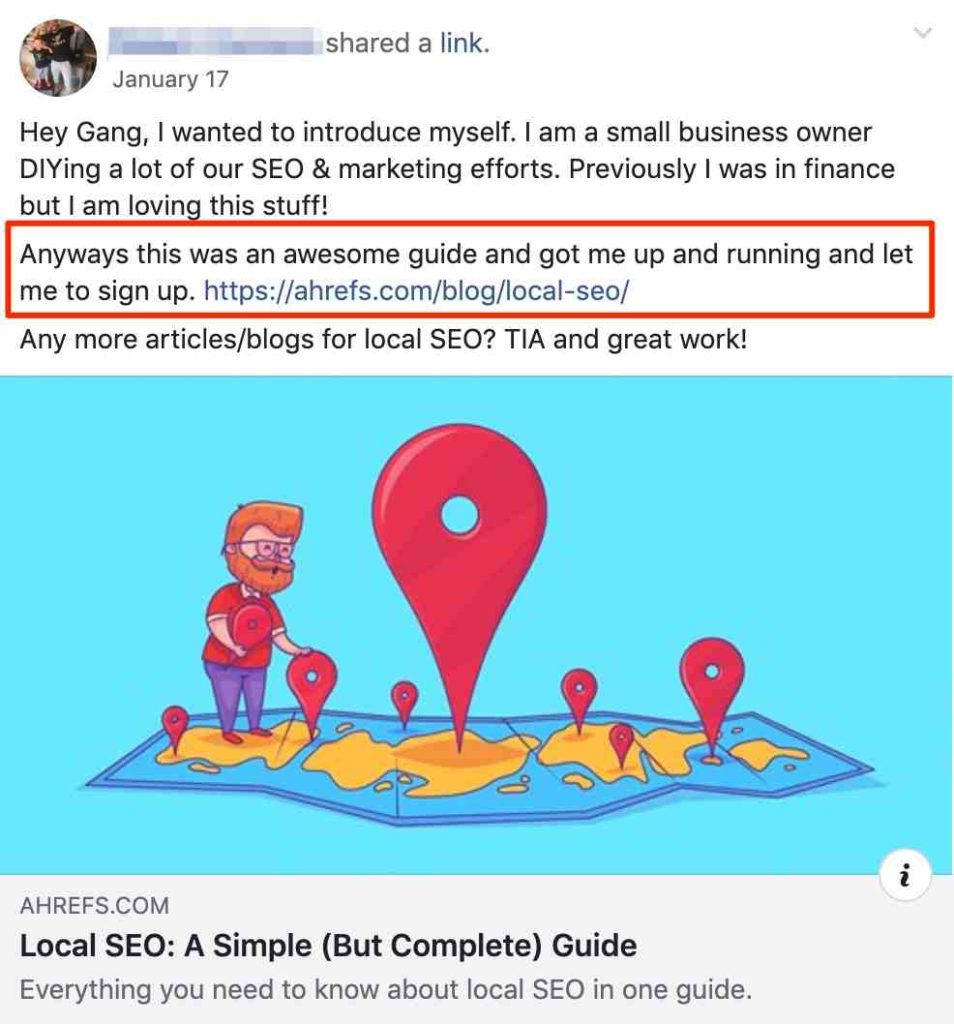Customize each PPC to match the keywords that target your target audience or focus niche.
Prioritizing SEO early on can help a business grow in the long run.
Pay-per-click advertising can bring more attention to a company’s website through different means than organic methods.
HOUSTON, TX, UNITED STATES, Aug. 4, 2022 /EINPresswire.com/ — Actual SEO Media, Inc. explains how pay-per-click advertising can help improve a website’s search engine ranking and get more traffic and visibility. As a knowledgeable SEO company, Actual SEO Media, Inc. believe that just as a balanced breakfast can start the day right, balancing targeted advertising with organic methods is one of the best ways to increase a website’s online visibility.
Pay-per-click (PPC) advertising is a form of online advertising in which advertisers pay a fee each time one of their ads is clicked. Basically, it’s a way to buy traffic to a particular website instead of getting those visits organically. Many people use PPC advertising to promote their websites, especially if they are new to the world of online marketing.
PPC advertising can be a very effective way to drive traffic to a website. Not to mention, it can be an excellent complement to any existing SEO and content marketing effort. If done right, PPC advertising can be a cost-effective way to generate new leads and sales.
Here are some basic tips to get started with PPC advertising:
A business can use a Google Ads account as the basis for any future PPC advertising campaigns, making it easier to manage and track progress. During account setup, companies can also choose a target audience. PPC advertising is only effective if it is targeted at the right audience. If an ad sells a product or service that isn’t relevant to the target audience, they won’t click on the ad. Also, if your ad targets the wrong keywords, it won’t show to people who are genuinely interested in what the ad is selling.
Google has a lot of data about consumers that can make it easier to refine business targeting. Use this to your company’s advantage when setting up PPC campaigns through Google Ads.
There are several different budget levels that companies can choose from. By setting up a budget, businesses can ensure that they don’t overspend on PPC campaigns, which can quickly become expensive. It’s a good idea to take some time and figure out what works best for each campaign.
Not to mention, a budget can help focus PPC efforts. With a limited amount of money to spend, it’s easier to weigh each click carefully, ensuring that it’s targeted to the audience and more likely to convert.
3. Create a campaign and select a targeted audience.
A company can choose to target a broad group or focus on a specific niche audience. Each campaign does not need to target the same set of audiences. Some can be broader to attract a wider group of customers to promote a new product or service, while some can target specific demographics to promote specific specialties.
Don’t be afraid to try something new with every campaign. The more companies learn about what works and what doesn’t, the better the next campaign will be.
As with any form of marketing, it’s important to track PPC campaigns to see what’s working and what’s not. The best way to improve a campaign is to measure the results of current and past campaigns and learn from mistakes.
Tracking campaigns allow companies to see which keywords and ads are performing well and which are not. This information can be used to improve the effectiveness of future campaigns. Not to mention, performance tracking can help identify areas where a company is wasting money, allowing a company to further fine-tune its PPC budget.
Google and other search engines make regular updates to their algorithms. These changes can have a significant impact on how effective current and future PPC campaigns are. By staying abreast of Google’s latest changes, it will be easier to avoid any penalties that the search engine may impose.
While PPC offers a number of benefits, it’s not always best to focus solely on creating ad campaigns. The company’s main website is the basis for all online marketing strategies. Ideally, this website is also optimized for search engine results pages to increase the chances of users visiting the website.
Think about it. Suppose a company has an ongoing PPC campaign, so ads appear at the top of relevant search results pages. And, because the company’s website is well optimized by search engine standards, it also appears on the first page. Having both paid and organic results appear on the first page doubles the chances of a user visiting.
Of course, having a website on the first page may not guarantee a click. However, it will put the company’s name and brand in front of the users’ eyes, making them more aware of the existence of the business. For many people, seeing a company website appear twice may mean it is more reputable, increasing their chances of clicking on one of the links. That’s why Actual SEO Media, Inc. believe that PPC advertising should be used in conjunction with other search engine optimization strategies.
As Houston’s leading SEO company, Actual SEO Media, Inc. encouraging its clients to expand its online presence even further. By harnessing the power of search engine optimization, companies help businesses expand their online visibility and build a stronger presence on the Internet. The company helps local clients track their pay-per-click advertising campaigns to ensure maximum visibility and brand awareness. For more information, contact the office at (832) 834 – 0661 or by email at info@actualseomedia.com.
Jamin Mootz
SEO Actual Media, Inc.
Is PPC the same as SEM?
Contents
- 1 Is PPC the same as SEM?
- 2 Why is SEO and PPC important?
- 3 Is SEO better than PPC?
- 4 How does PPC support SEO?
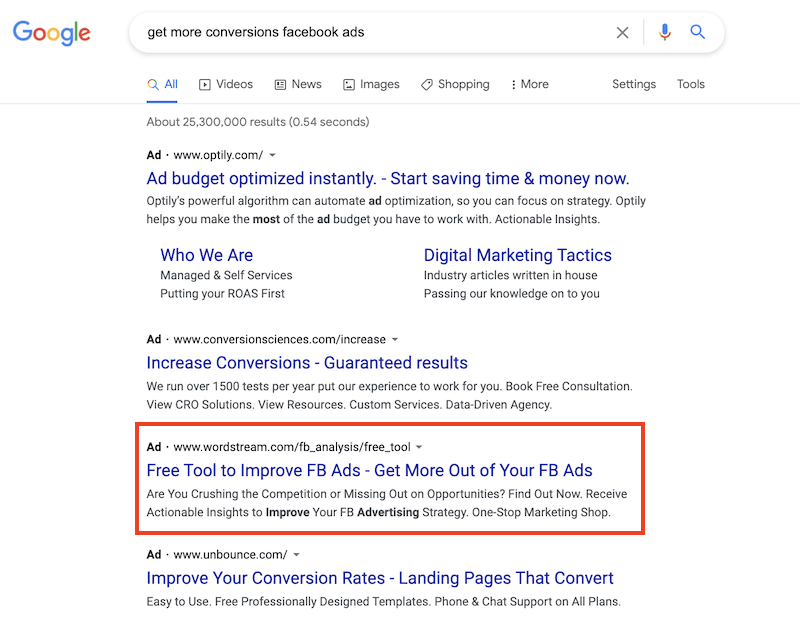
+1 832-834-0661
email us here
Does SEM include SEO and PPC?
Visit us on social media:
What does SEM marketing include?
Is SEO and SEM are same?
Is SEO and PPC part of SEM?
Is PPC considered SEM?
EIN Presswire’s priority is source transparency. We don’t allow opaque clients, and our editors try to be careful about getting rid of fake and misleading content.
Is PPC same as SEM?
As a user, if you see something we missed, please report it to us. Your help is welcome. EIN Presswire, Everyone Presswire™ Internet News,
What is considered SEM?
trying to define some reasonable boundaries in today’s world. Please see us
Is Google Ads considered SEM?
Editorial Guidelines
Why is SEO and PPC important?
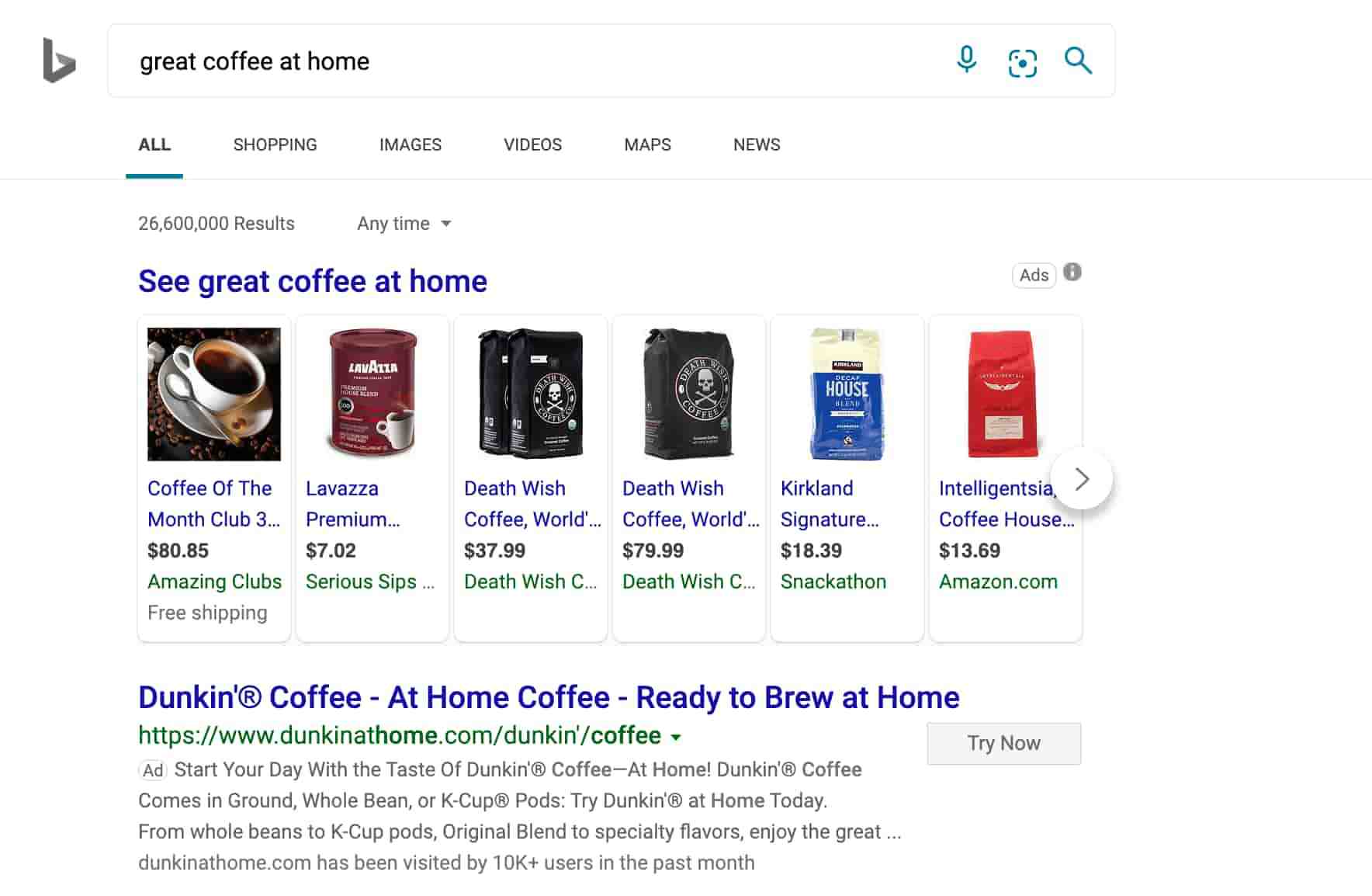
for more information.
PPC stands for ‘Pay-Per-Click’, and refers to a type of online advertising. SEM stands for ‘Search Engine Marketing’, and is an umbrella term used for any type of activity intended to increase how easy it is to find a particular website via search engines.
Should SEO and PPC be used together?
Are SEM and Google Ads the same? The most popular (and effective) platform to use is Google AdWords. Bing Ads and Yahoo Search Ads are also SEM platforms you can use. It’s important to note that—while all SEM platforms use a pay-per-click (PPC) advertising model—not all PPC is SEM.
Do you need SEO for PPC?
SEM is when you leverage SEO and PPC to get traffic from search engines. So yes, SEM is a broad term that includes both SEO and PPC. Which means that SEO falls ‘under’ the category of the SEM umbrella.
How do I combine PPC and SEO?
â€SEM (Search Engine Marketing) is the process of getting website traffic by buying advertisements on search engines.†That obviously includes pay per click, local search advertising, product listing advertising, and all advertising efforts related to search engines.
- The difference between search engine optimization (SEO) and search engine marketing (SEM) is that SEO focuses on getting traffic from organic search, whereas SEM focuses on getting traffic from organic and paid search. Both SEO and PPC are ways to market your business on search engines.
- Search engine optimization (SEO) and pay per click (PPC) fall under the SEM umbrella.
- Okay, that’s not fair because PPC is just another term for SEM – or at least, part of it. PPC is most likely a term that evolved through the Wild West days of early search engine strategy when different people used different terms to refer to the same thing.
- PPC is generally an easy and fast way to place your business ads at the top of search engine results, while SEM brings organic traffic and takes longer to reach results. However, SEM results are usually long lasting once achieved.
- SEM, or search engine marketing, uses paid advertising to ensure that your business’s products or services are visible on search engine results pages (SERPs). When a user types in certain keywords, SEM allows your business to appear as a result for that search query.
How can PPC and SEO be used to complement each other?
PPC ads that use Google, Bing, or other search engines fall into the paid SEM category.
What is SEO and PPC strategies?
In short: SEO is an essential tool for successful online marketing because it gives your business the best chance of being found, even if the optimization process takes time to get right. PPC advertising allows you to reach customers faster and customize your campaigns quickly.
Why use both PPC and SEO?
Why is PPC so important? Unlike traditional paid advertising, PPC provides an extreme level of control that works because businesses can increase ad spend on areas/demography/queries that work, and reduce ad spend on areas that don’t work – meaning the importance of PPC in its ability to squeeze every penny of the budget to better return on advertising…
What is SEO and PPC?
Both channels are necessary to drive successful online marketing. SEO and PPC should operate together as they are an important part of an online campaign. There is no situation where organic rankings will eventually render PPC obsolete, saving the brand considerable advertising spend.
What is PPC strategy?
Keywords and conversion data from PPC can be entered into organic search (SEO). Total traffic volume can be increased by targeting paid and organic clicks for high-performing keywords. High-cost, high-volume or low-converting (but still important) keywords can be moved from PPC to organic search.
What is more important SEO or PPC?
How to Effectively Combine SEO and PPC Efforts
Why SEO is better than paid ads?
Analyze user behavior to identify promising pages. …
Which is cheaper SEO or PPC?
Inform organic content strategy through top PPC ads. …
Is SEO more important than PPC?
Increase SERP brand awareness. …
Is SEO better than PPC?
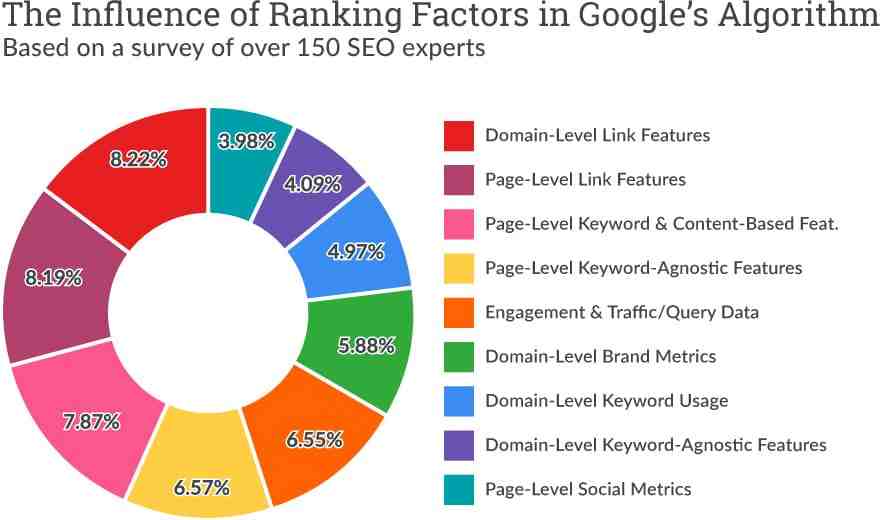
Test regions and local markets. …
Keeping past visitors through PPC remarketing.
Why SEO is better than paid ads?
While they may seem like sworn enemies, SEO and PPC can actually complement each other in many ways. For example those who work in SEO can use AdWords to get valuable keyword data, while those with PPC can use SEO traffic to build credible remarketing lists. And that’s just for beginners.
Why is organic traffic better than pay?
SEO is a method of increasing a site’s organic traffic through increasing site visibility and authority. Alternatively, pay-per-click (PPC) advertising seeks to generate traffic through carefully crafted and targeted ads on search engines, social and other popular online destinations.
What is better SEO or digital marketing?
The most obvious benefit of combining SEO and PPC efforts is the added exposure on search engine results pages (SERPs). Clients are often tempted to cut back on PPC efforts once a search term ranks number one. However, it’s important to remember that the top two or three results on most SERPs are PPC ads.
How is SEO different from paid search?
Main PPC vs. SEO take-aways SEO improvements can help your website rank higher in Google Search by making it more relevant to users, while PPC ads like Google Ads are paid online ads that allow businesses and website owners like you to bid on the opportunity to show ads alongside search on Google.com.
What is more effective SEO or PPC for increasing traffic?
PPC stands for pay per click, an internet marketing model in which advertisers pay a fee each time one of their ads is clicked. Basically, it’s a way to buy traffic to your site, rather than trying to ‘earn’ those visits organically. Search engine advertising is one of the most popular forms of PPC.
What should I use SEO or PPC for increasing traffic?
We’ve seen that SEO click-through rates are higher than PPC, meaning it has the potential to drive a much higher volume of organic traffic towards you. Also, your cost per acquisition (CPA) will be much lower using SEO than PPC.
Does PPC increase SEO ranking?
SEO vs Paid Search: Placement Costs As a result, the costs associated with paid search advertising can increase rapidly. SEO has no direct costs. Placement in organic results is provided free of charge by search engines, making it a much more cost-effective strategy in the long run.
Which is cheaper SEO or PPC?
Organic SEO is very cost effective compared to PPC campaigns. When done right, SEO will cost you far less than setting up and managing a PPC campaign. Organic SEO is done to survive. A properly optimized site can maintain a high position in search results long after the PPC campaign is turned off.
Is PPC expensive?
SEO is very profitable Dollar for dollar, SEO is likely to be one of the most profitable vehicles in your marketing mix. In the long run, it is much more profitable than PPC.
Is PPC cheaper than SEO?
SEO improvements can help your website rank higher on Google Search by making it more relevant to users, while PPC ads like Google Ads are paid online ads that allow businesses and website owners like you to bid for the opportunity to show ads alongside searches on Google. com.
How does PPC support SEO?
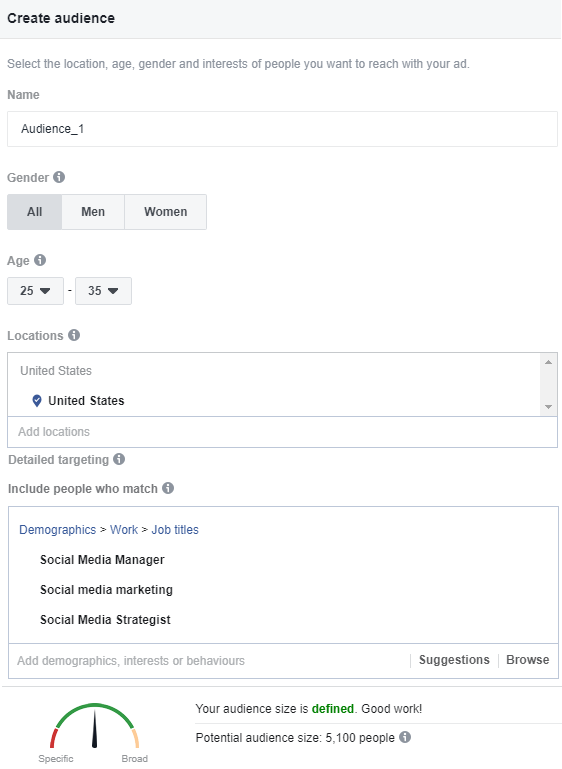
Is PPC the same as SEO? Difference between SEO and PPC Advertising SEO and PPC advertising are two different strategies at either end of the same digital marketing spectrum. SEO services focus on driving organic traffic to your website, while PPC advertising is all about showing paid ads on search engine results pages (SERPs).
SEO vs Paid Search: Placement Costs As a result, the costs associated with paid search advertising can increase rapidly. SEO has no direct costs. Placement in organic results is provided free of charge by search engines, making it a much more cost-effective strategy in the long run.

